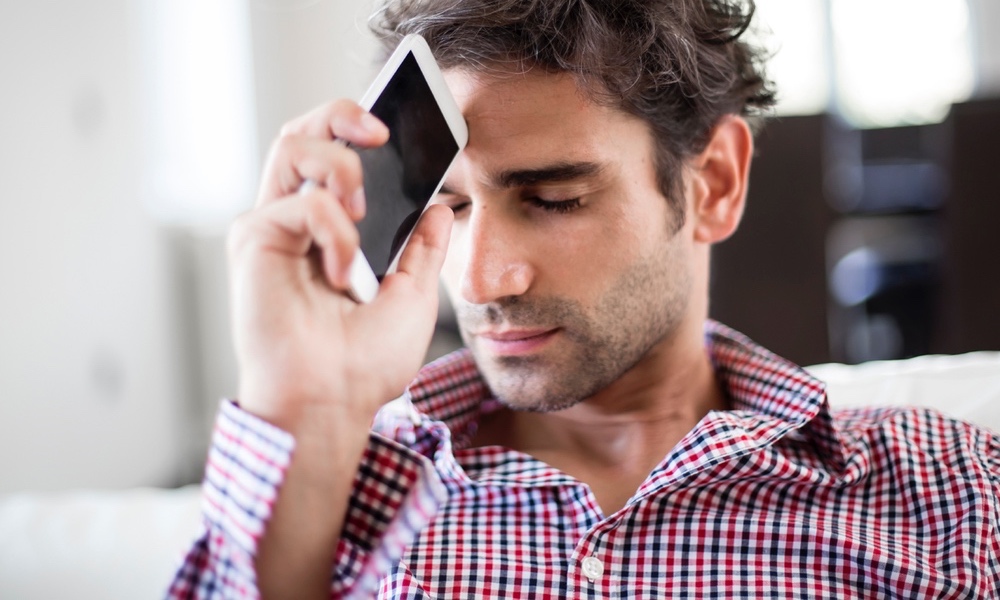A little extra help can make all the difference when you're trying to lose weight. People are turning to phone apps to give them a leg up in keeping the pounds off.
Not surprisingly, app makers are responding to this demand. There are now hundreds of weight-loss apps available, some free and some pricey. So how do you choose an app to be your, hopefully successful, diet coach and companion?
Luckily, a team of researchers from the University of Massachusetts Medical School has been studying whether weight-loss apps are actually worth their cost. And whether these programs are evidence-based, that is, proven by research.
Free apps were just as likely as paid apps to include evidence-based strategies. That's the good news for the consumer.
So the team at UMass set out to determine which of the popular weight-loss apps incorporated these methods, and if the apps that cost money were any more likely to do so than those that were free.
Among the apps tested were All-In Fitness, MyNetDiary, CalorieCount.com, Daily Burn, SparkPeople, Livestrong, MyFitnessPal, FitBit and Lose It!.
As you’d expect, the apps varied greatly in their use of proven techniques. “Apps do include evidence-based behavioral strategies, but only a narrow range, ” study author Sherry Pagoto said in a statement.
Many of the apps did a good job with certain methods, such as educating the user about the benefits of eating a healthy diet and exercise, helping users develop new lifestyle activities, offering food substitution advice, and helping dieters resist temptation.
Since preventing a relapse and reducing the stress that can trigger overeating are critical factors in successful diets, the fact that they were left out is telling. Dieters' experiences with these aspects of weight loss are often quite personal and individual. Being part of an interactive online community may be more helpful for these sorts of issues than a phone app.
As to whether the paid apps were any better than the free ones? “The answer is no,” said Pagoto. “Free apps were just as likely as paid apps to include evidence-based strategies. That's the good news for the consumer.”
The best weight-loss apps were MyNetDiary (free) and MyNetDiary Pro ($3.99), which included 13 of 20 of the Centers for Disease Control DDP methods. Next best were All-in Fitness ($0.99) and Noom Weight Loss (free), which both incorporated only five of the strategies.
With so many dieters on their cell phones anyway, a diet app for the smartphone phone may be a good way for people to obtain the extra help they may need to stick with their weight-loss plans — so long as they reference the best, evidence-based methods.
The study is published in the American Journal of Preventive Medicine.




